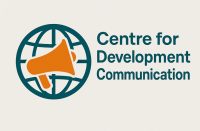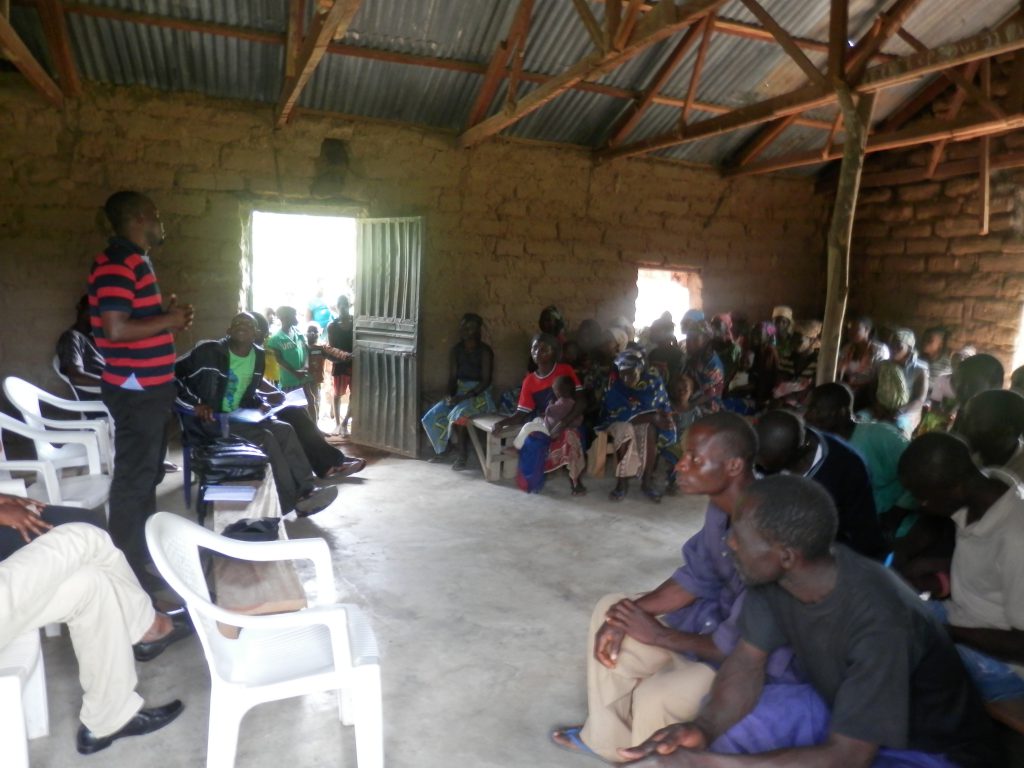Development practitioners must do away with the arrogant belief that they have superior knowledge over issues that affect communities. In designing a community intervention approach, overall participation in the process is fundamental. In doing that, community involvement rooted in indigenous knowledge brings acceptability, success, and sustainability.
In designing Climate Change Solutions, indigenous knowledge integration and community participation are fundamental because problems that confront communities aren’t universal and won’t be solved using universal solutions. They are unique in each community. Therefore, adopting uniform solutions that are often outsourced without community participation cannot be relevant to all communities simultaneously.
We may argue about the relevance of Indigenous knowledge and community participation in Climate Solutions. Still, we cannot deny the truth that no matter how good or useful a solution may appear to be unless it is adequately relevant to the unique situations of a community, it will not be fully accepted. And, the uniqueness of any solution designed for social problems is achievable only through community participation. Community participation in the process is the best form of empowerment. Throwing the final product at them without their participation is fertile ground for the project’s failure.
The indigenous people (community) have lived in the community for years and are connected to the environment, cultures, languages, and livelihoods. Having interacted with nature for years, Indigenous People were amongst the first to observe climate change and have since adopted indigenous knowledge for mitigation and adaptation.
As we design climate change solutions, we forget that the Indigenous people are the worst hit by climate change. Yet, we do not bring them on board to participate in designing solutions to the problems affecting them.
For instance, indigenous farmers in FCT-Abuja Nigeria’s capital city suffer huge climate change impacts with about 65 percent of their yam produce lost to excess hot weather arising from climate change. Even as this continues to be the situation, the indigenous people told MAWA Foundation at a focused group discussion at Yaba in Abaji Area Council of FCT that they were never engaged to participate in designing climate solutions.
We must acknowledge that across communities in Nigeria and Africa, Indigenous knowledge carries ancient and intergenerational wisdom that is effective in climate solutions. Therefore, as we roll out Climate Justice Advocacy, we must integrate indigenous knowledge and allow for community participation in designing interventions if we must make an impact and record sustainable success.
Our experience at MAWA-Foundation in our climate change justice advocacy shows that overall, Indigenous knowledge and effective community participation offer a more holistic approach to solving social and community problems.
Therefore, we must not rely solely on Western thought for climate solutions. We must embrace indigenous knowledge by ensuring effective community participation in the entire design process and implementation.
Audu Liberty Oseni, MAWA-Foundation Coordinator
libertydgreat@gmail.com

